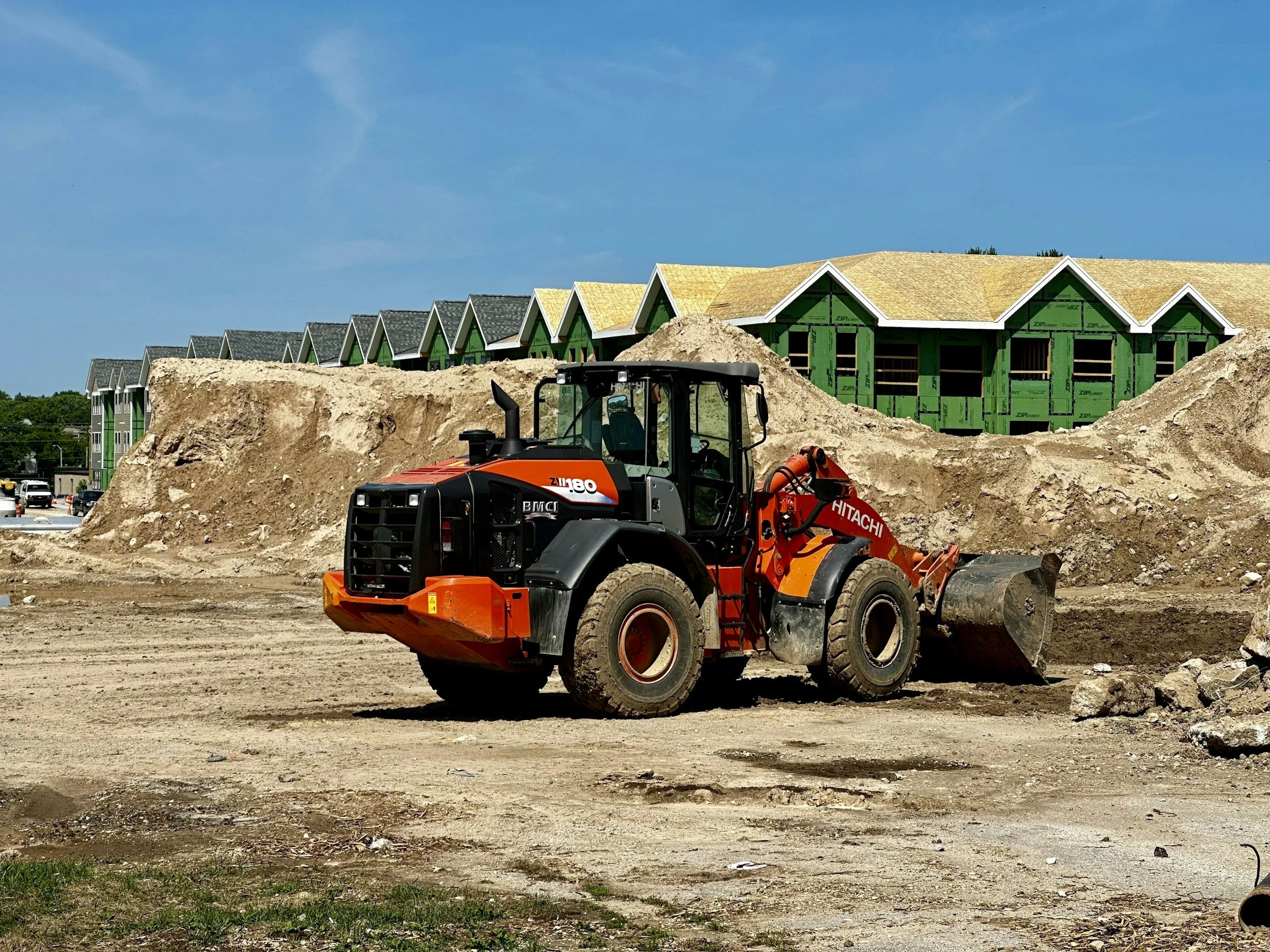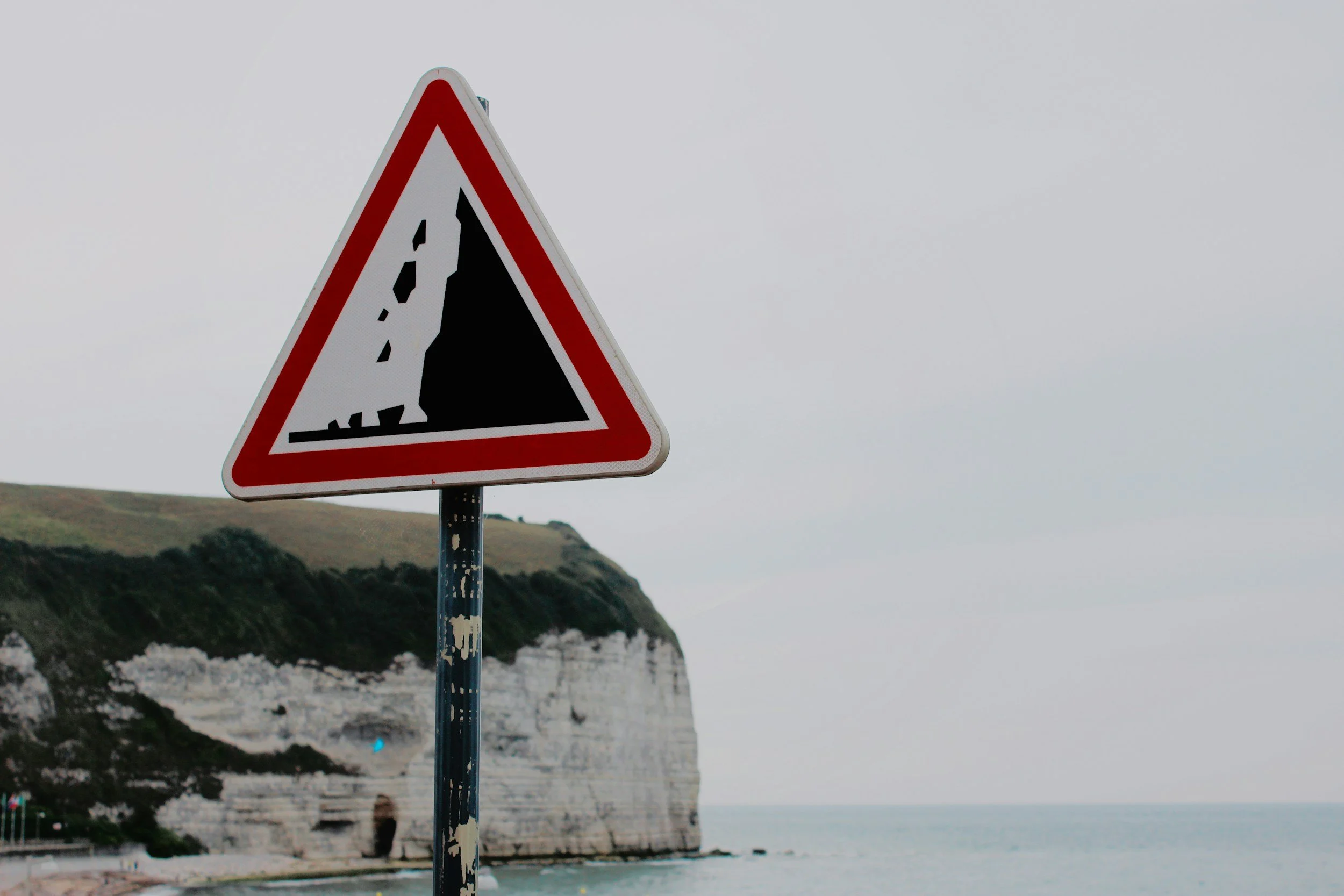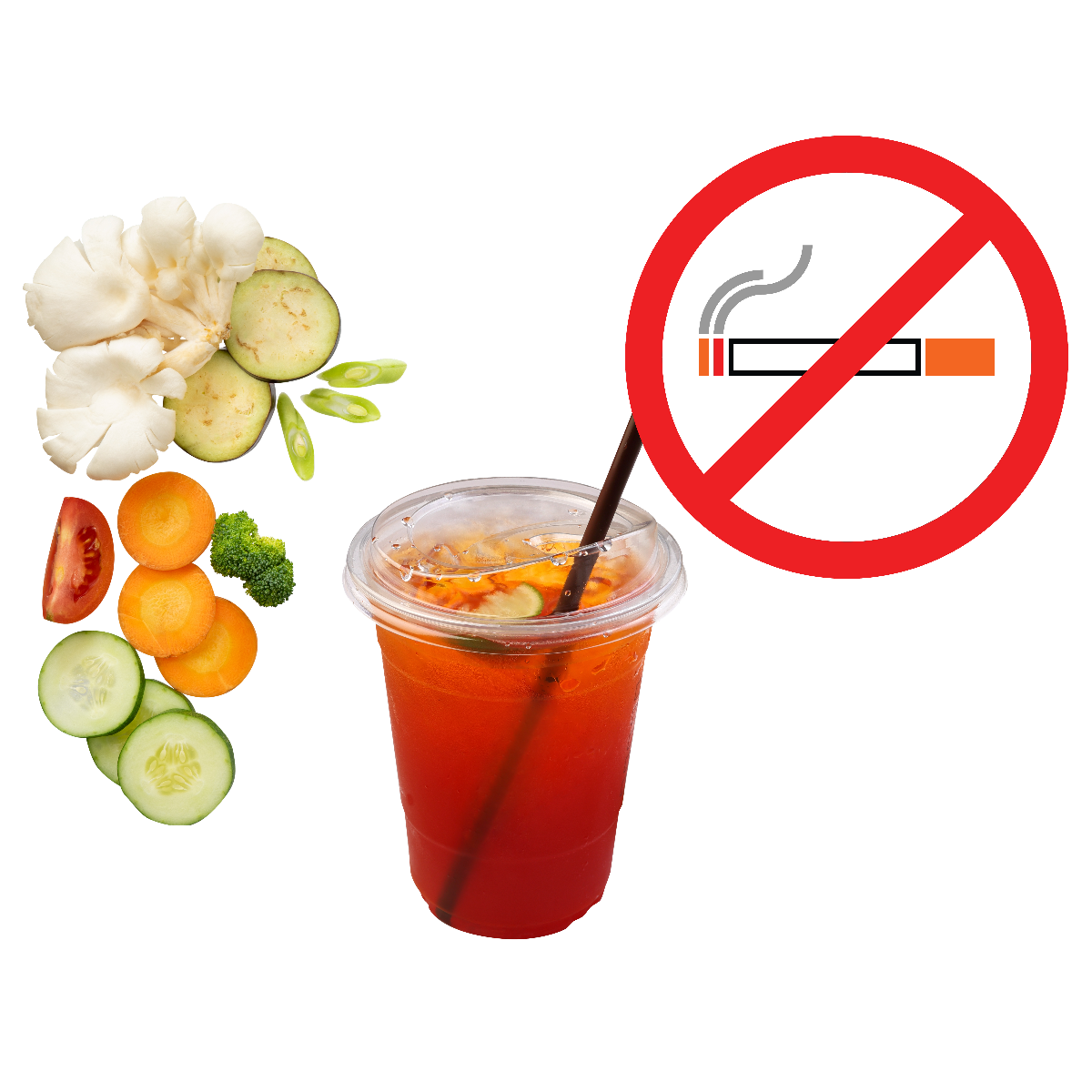Employee Responsibility - Respirator Fit
Employees will use respirators provided in accordance with training received.
Employees must report any malfunction of a respirator to their supervisor immediately, and that
respirator will be taken out of service to be repaired or replaced.
Read More
Refueling Equipment - "Fill'er Up!"
When you hear this request at a service station, you can be pretty sure the job will be done safely. Service station operations and equipment are designed with safety in mind. But what happens when you fill up that front-end loader or portable generator on the job?
Read More
PRESSURE WASHING SAFETY
There are many different types of injuries that can occur while using a pressure washer. According to the Consumer Product Safety Commission, an estimated 6,057 people went to an emergency room with injuries related to pressure washer use in 2014. While the pressure of the water can be considered the biggest exposure to risk during this work task, there are certainly many more hazards to be considered.
Read More
FRONT END LOADER SAFETY
Front end loaders are one of the most commonly used types of heavy equipment. These machines are found in a variety of industries completing a magnitude of different tasks. These machines may not be the largest or viewed as the most hazardous on a job, but year after year they are responsible for many injuries and fatalities.
Read More
DROPPED OBJECTS
Dropped objects are a serious hazard at many worksites. In 2017, there were 237 workplace fatalities due to falling objects (the most recent statistics available) in the United States according to the Bureau of Labor Statistics. Furthermore, OSHA estimates that over 50,000 “struck-by a falling object” incidents occur each year on construction sites alone.
Read More
BACK INJURIES & PROTECTION
Back injuries are some of the most prevalent and hardest-to-prevent injuries on the job….
Read More
HEALTH AND SAFETY RULES
Health and safety is of primary importance when working in the field. LMK Pipe Renewal
desires that each employee be thoroughly aware of the following preventative measures: Field
workers have an exposure to polluted water and refuse by virtue of the very nature of their work
during the installation of the liners.
Read More
SAFETY TRAINING
The LMK Pipe Renewal safety Committee will provide safety training of the following types.
All employees, as specified are required to receive such safety instructions.
Read More
EMERGENCY ACTION PLAN
LMK Pipe Renewal has made the decision that personal safety takes precedent over company
property in all emergencies. No extreme action should be taken that Threatens personal safety.
Dial 911 in the event of an emergency.
Read More
REPORTING ACCIDENTS
All accidents involving injury or exposure to toxic chemicals must be reported to the Laboratory
Supervisor and the Lab Health and Safety Officer immediately. If an injury results from an
accident, an accident report form must be filled out by the personnel directly involved.
Read More
HURRICANE PREPAREDNESS-RESPONSE PLAN
It is company policy to stop or delay construction activities, 24 to 48 hours prior to landfall
depending on the project’s geographical distance from our closest shop/yard. The only
exception would be for any activity related to prepping or securing the job site for the coming
storm.
Read More
VERIFYING SAFEGUARDS
No matter if you or someone else is responsible for implementing a safeguard, safeguards should be verified that they are in place prior to beginning work….
Read More
KNOW YOUR LIMITS
We often face new situations or challenging times whether that is at home, at work, or just in life overall. For many of us, it can be hard to swallow our pride and seek out help from others when we need assistance. That being said, it is important to understand your limits and know when you need help from someone else.
Read More
DRUNK DRIVING
People drive drunk an average of over 300,000 times a day in the United States, but fewer than 4,000 are arrested for it, according to the FBI. The decision to drive impaired is a deadly one.
Read More
HABITS AND SAFETY
We all have habits that we follow on a daily or weekly basis. These habits have a major effect on our life. They also affect the choices we make at work…..
Read More
CHEMICAL HANDLING AND REAGENT PREPARATION
Transport and handle bulk chemicals and concentrated reagents with extreme care. Always use
two hands when carrying bottles of acid or large sizes of stock chemicals. Plastic carrying
containers are available for transporting large bottles, which are not safety coated.
Read More
EQUIPMENT MAINTENANCE
Equipment should be inspected prior to use.
Keep equipment maintained. All major equipment is serviced regularly. Smaller appliances
should be checked as necessary.
Read More
FOOD, BEVERAGES, AND SMOKING
Smoking is not permitted.
The consumption of food is not permitted in wetout area.
Beverages are allowed but may only be kept and consumed at "dry" personal desks or computer
stations. Drinking in any work isle or at "wet" benches is strictly prohibited. Beverages are
prohibited in the microbiology laboratory, dishwasher room, chemical storage area and near
fume hoods. Consumption of drinks is discouraged while an analyst is actively performing tests.
Read More
STANDARD OPERATING PROCEDURES: GENERAL SAFETY RULES
Know the safety rules and procedures that apply to the work that is being done. Determine the
potential hazards (e.g., physical, chemical, biological) and appropriate safety precautions before
beginning any new procedure.
Read More




















